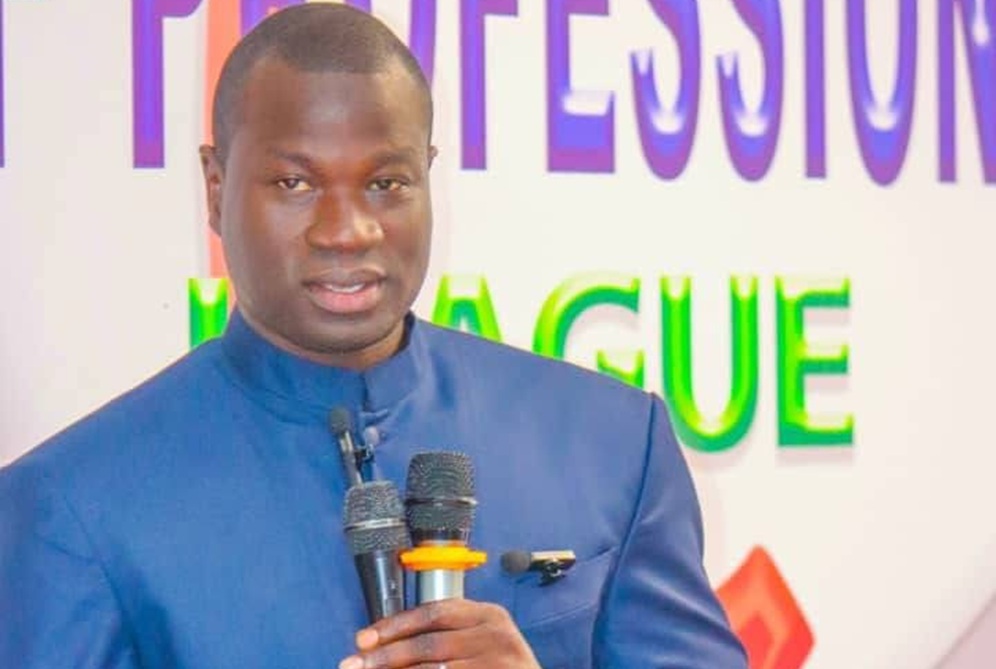Kotu, The Gambia – In a strong reaffirmation of government support for the development of football, Honourable Bakary Y. Badjie, Minister of Youth and Sports, has emphasized the Gambia Government’s strategic focus on professionalizing the national football ecosystem, describing it as a key national objective.
Delivering the keynote address at a high-level Stakeholder Dialogue on the Professionalisation of Football, held at a local hotel in Kotu on Thursday, June 12, Minister Badjie stated that transforming football into a sustainable, professional industry is integral to national development.
“Football is more than entertainment—it is a powerful engine for youth empowerment, social unity, economic opportunity, and national identity,” Minister Badjie noted. “Our collective goal must be to elevate our domestic league to meet international standards, and that requires vision, coordination, and investment.”
The forum, organized by the Gambia Football Federation (GFF), gathered club owners, coaches, sponsors, development experts, and institutional partners to chart a unified course for the professionalization of Gambian football.
Minister Badjie outlined how the recently launched National Sports Policy (2024–2034) complements this vision, with specific focus on improving governance, expanding infrastructure, supporting talent development, and fostering public-private collaboration. He also welcomed the GFF’s forthcoming Business Plan as a vital step toward a structured, transparent, and market-oriented league.
“This plan will provide a credible framework to attract investors, build institutional capacity, and ensure long-term sustainability,” he said, adding that a National Sports Development Fund—designed to support sporting growth across the country—is already embedded in the upcoming National Sports Bill set to be tabled before the National Assembly.
The Minister further underscored the government’s broader initiatives, which include the construction and upgrade of sporting facilities nationwide, promoting gender inclusion in sports, and investing in research and data systems for evidence-based planning.
The forum was attended by senior government and sports officials, including Mr. Mahmoud L. Jawla, Acting Executive Director of the National Sports Council (NSC), and Sara Camara, Communications and Public Relations Manager of the NSC, both of whom lent institutional support and echoed the Ministry’s commitment to strategic partnerships in sport development.
Minister Badjie called on all stakeholders to move beyond traditional silos and build a shared vision for football that reflects inclusivity, professionalism, and pride. “Let us challenge assumptions and embrace innovation—Gambian football must be driven by those who are invested in its success.”
The stakeholder dialogue is expected to culminate in a concrete roadmap that sets the tone for a new chapter in Gambian football—one marked by professionalism, resilience, and local ownership.

